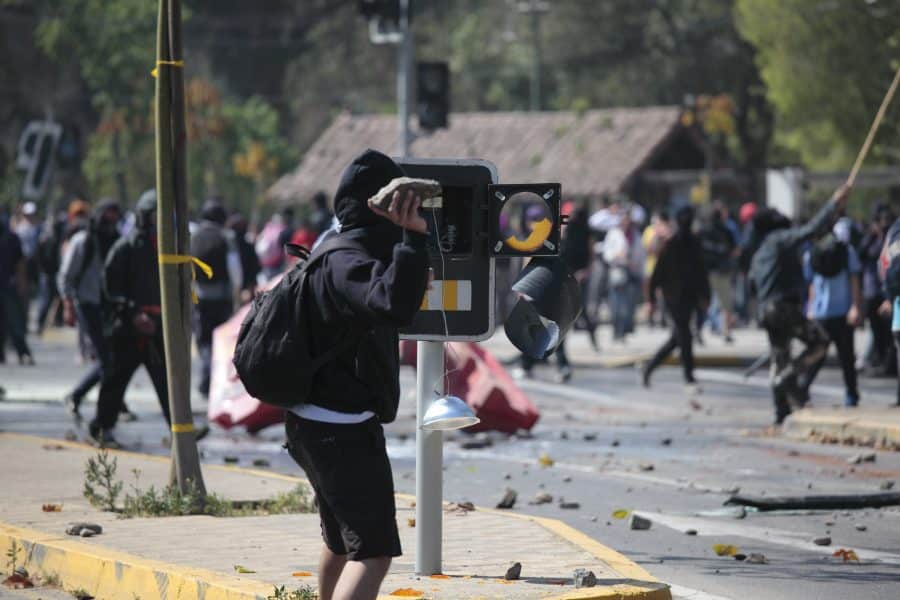Vision globale, solutions locales
Conseil et solutions sur mesure pour répondre à vos enjeux de sûreté
Nos objectifs : comprendre vos enjeux, analyser votre problématique, vous accompagner sur tous les terrains.
IRENA vous propose des solutions sur mesure, efficaces et concrètes, pilotées et mises en œuvre par une équipe pluridisciplinaire d’experts internationaux et locaux.


Qui sommes-nous ?
Votre partenaire stratégique aux solutions sur-mesure
Depuis 2010, nous accompagnons nos clients, sur terre ou en mer, en leur proposant des solutions pragmatiques à leurs défis sûreté. Notre structure flexible et notre offre de service variée nous permettent d’adapter nos solutions à chaque client.
Grâce à nos expertises des enjeux locaux, nous évaluons les risques, élaborons des stratégies de sûreté adaptées à chaque situation et les mettons en œuvre de manière efficace. Cela permet aux entreprises, ONG ou institutions qui nous font confiance de travailler en toute sérénité.
Nous associons nos services de conseil à des moyens humains et matériels dans les zones d’intervention.
IRENA
En quelques chiffres
Les expertises d’IRENA
Chacune des problématiques de nos clients est spécifique. Nos différentes expertises nous permettent de toujours y répondre par une stratégie et un dispositif sur-mesure adaptés aux enjeux et au contexte local.
Nos solutions en action
Un éventail de missions pour entreprises, ONG ou Institutions
Mise en place au niveau local d’une politique de sûreté groupe.
Cotonou, Bénin et pays limitrophes.
En savoir plusSecurity management pour un projet photovoltaïque en zone dégradée.
Région du Norte de Santander, Colombie.
En savoir plusEvacuation de collaborateurs dans un contexte de crise sociale et sécuritaire.
Port-au-Prince, Haïti.
En savoir plusNos équipes : des hommes et des femmes passionnés et de confiance
Des chefs de projets
Nos chefs de projet sont les interlocuteurs privilégiés de nos clients.
Ils connaissent parfaitement la zone dans laquelle ils agissent et comprennent les enjeux et les risques associés.
Européens, issus de formations supérieures, ils sont familiers de votre culture d’entreprise et de vos contraintes.
Ils sont les référents des coordinateurs et des équipes locales.
Des coordinateurs
Nos coordinateurs sont les relais opérationnels des chefs de projet dans la mise en place et le suivi de votre dispositif.
Issus du terrain, implantés localement, très souvent vétérans opérationnels expérimentés ils savent parfaitement identifier les risques et s’y adapter.
Un réseau d’experts
Notre réseau d’experts est un atout majeur pour atteindre les objectifs de nos clients.
Intelligence stratégique, cybersécurité, investigations, sûreté maritime, sûreté physique en milieux dégradés, gestion de crise, nous mettons à disposition nos meilleurs experts pour répondre à vos défis.






